FT Live: Future of Retail 2024 review: fast fashion giant Asos drops anchor for digital marketplaces
A ‘fireside chat’ with Asos was held at the FT Live: Future of Retail 2024 event this week on 17th September at Convene in the City of London. This covered the digital marketplace model that the pureplay has embraced, as it seeks to expand and grow its customer base.
Chris Peduto, Head of Partnership Management at Asos, explained that they participate in digital marketplaces because third party sellers can augment their own branded clothing range, which makes up 50% of Asos’ business, without the brand owner tying up capital in excessive inventory.
The examples of Amazon and Shein have shown what is possible for retailers in this area.
“Making decisions about clothes six to nine months out means it is subject to weather risk and discounting,” said Peduto, alluding to what happens if the sunshine you were expecting doesn’t show up.
Guessing the clothing trends that will hit in any season is also notoriously hard, so having the flexibility to include others in your e-commerce platform and vice versa, plus undertake any associated marketing campaigns is useful.
Additionally, new designs can be tested in a small way, perhaps in a targeted arena, before scaling up production if it’s a hit.
Commenting on the advantages of the marketplace model, Peduto said: “The tech is absolutely helpful because if you have under-bought in a certain category which is weather dependent, then the marketplace can come in and help with that, especially from a hybrid perspective when we work with some of our key, strategic brand partners.”
He added: “The other thing to consider is that through the technology that we are working with, Mirakl, we're able to do something called Partner Sells and we can also sell Asos items on other marketplaces.”
“So it provides the flexibility to not only just do additional brands and ranges on the Asos platform, but we've got access to other platforms, whether that's to do with clearing down old stock and revenue, or indeed some really good opportunities such as working with a TikTok shop etc and getting our brand out there as well.”
There are two models in use here:
Hybrid model: means Asos do still place their own orders six to nine months out with suppliers and take that stock in for use on their online platform. The offer is supported by its own studios to aid online storytelling but they’re not restrictive in their approach to market.
Dynamic mixing: means Asos can still partner with other brands on their own platform and vice versa, ensuring they are open to fast fashion trends, new marketplaces, regions and opportunities. It not all just about their own online or in-app offering.
This flexible approach can help retailers, of whatever type, to improve their online presence at the top of search engines, in apps, on socials and to generally be more responsive, agile businesses on the front-end.
Back-end flexibility is also possible if you look at the dropshipping fulfilment model for online retailers that allows them to keep no stock and empowers third parties to make and ship goods purchased on owners’ platforms on their behalf.
This was discussed at the FT event by Simon Dyer, Regional Vice President, UK/IE and Nordics, Mirakl.
He stressed that if your business follows a more front-end marketplace approach then “personalisation is easier with this model”. Marketplaces allow personalisation.
According to Dyer, the key benefits of a digital marketplace approach are:
More flexibility
Faster turnaround times
Cheaper operating costs and less risk.
“Think about your [re]sellers by creating an experience for them on your platform, as well as your own direct customers and their CX. Considering both sides of the coin is vital in driving business forward under a marketplace approach,” advised Dyer.
He also separately pointed to role of technology in all of this. Particularly AI which can drive personalisation, targeting, logistical efficiency and control.
But also aid the front-end by rewriting stories in different languages, augmenting pictures to reflect local norms and provide enhanced user experiences.
Peduto concluded that: “Marketplaces aren’t a silver bullet. But the flexibility of them is useful.”
2024 RTIH INNOVATION AWARDS
Online retail is a key focus area for the sixth edition of the RTIH Innovation Awards, which is now open for entries.
The awards, sponsored by CADS, 3D Cloud, Retail Technology Show 2025, and Business France, celebrate global tech innovation in a fast moving omnichannel world.
It’s free to enter and you can do so across multiple categories.
Key 2024 dates
Friday, 25th October: Award entry deadline
Tuesday, 29th October: 2024 shortlist revealed
30th October-6th November: Judging days
Thursday, 21st November: Winners announced at the 2024 RTIH Innovation Awards ceremony, to be held at RIBA’s 66 Portland Place HQ in Central London.





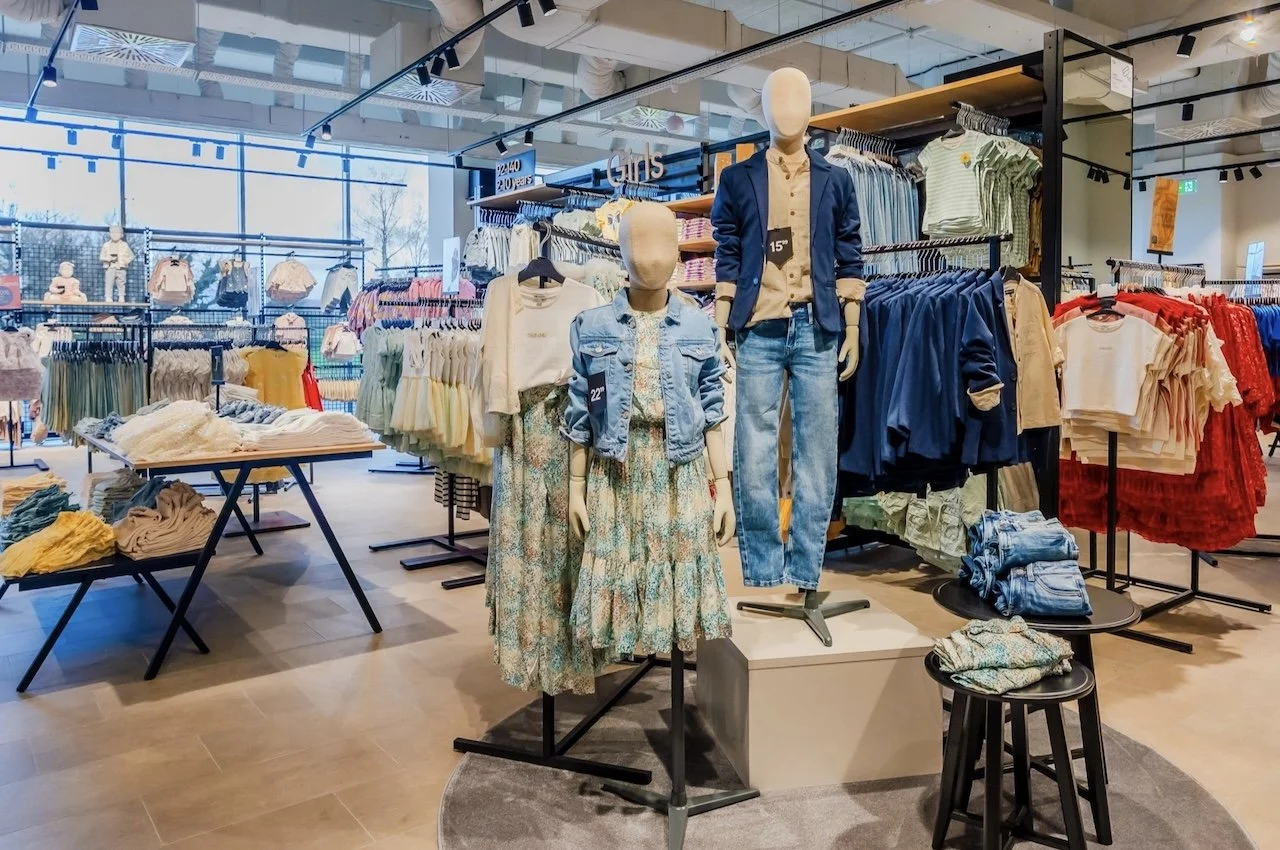
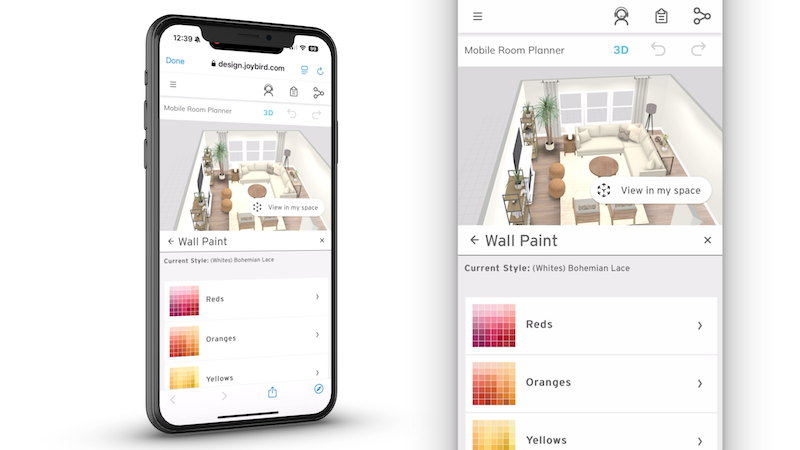

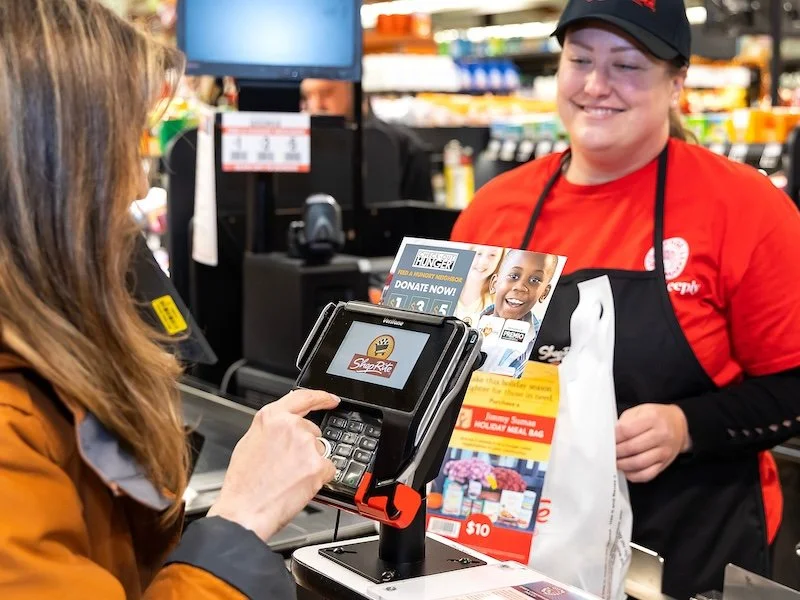
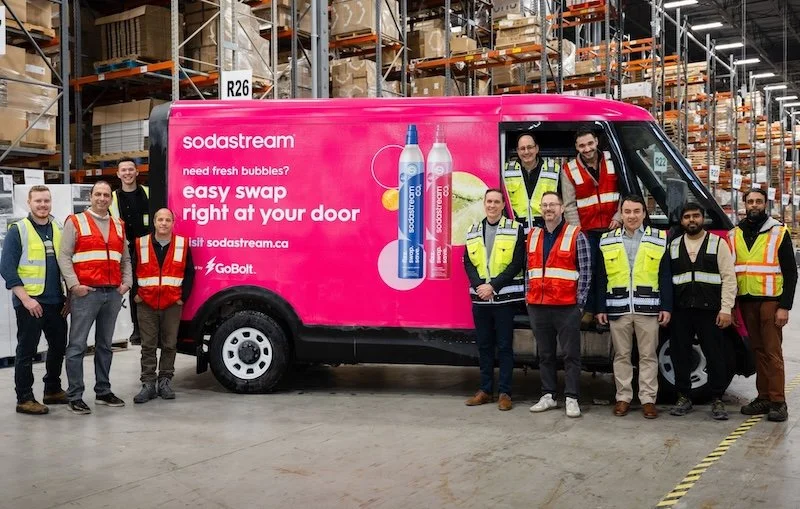



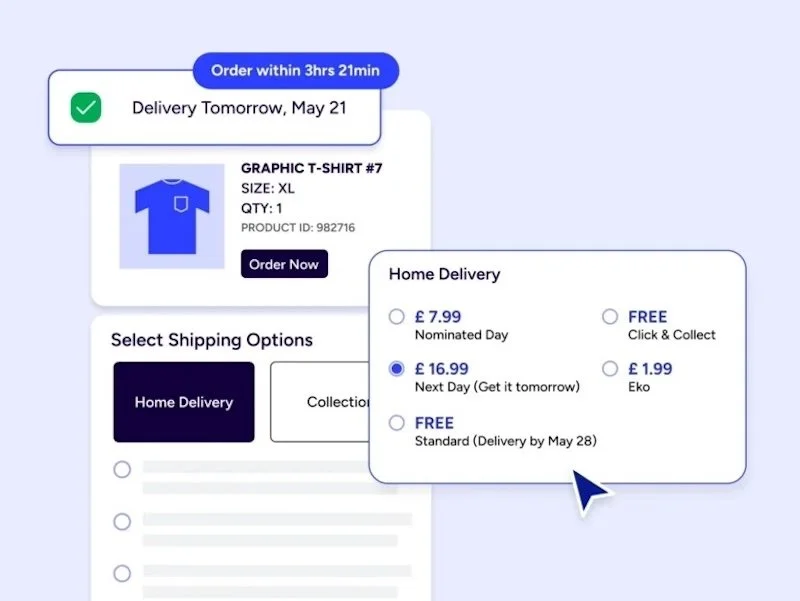






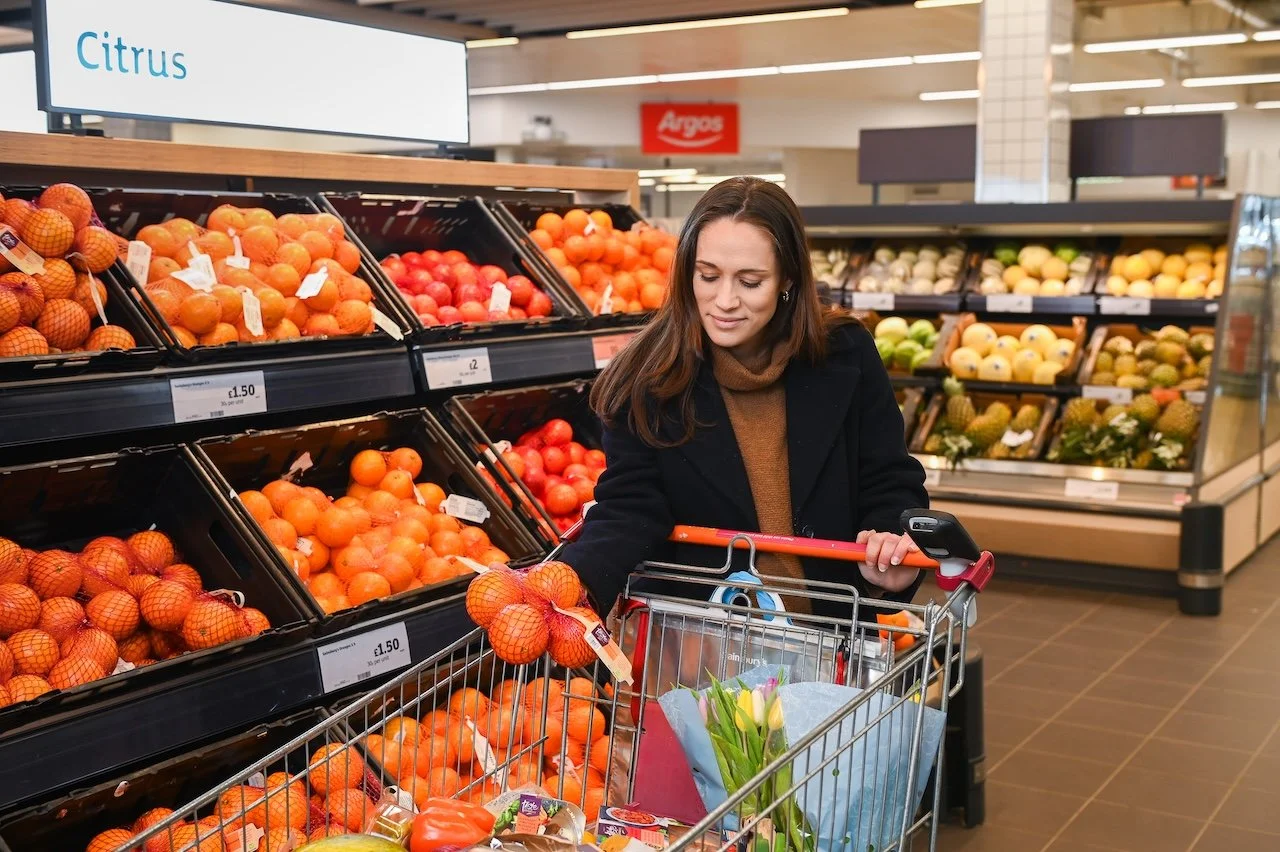
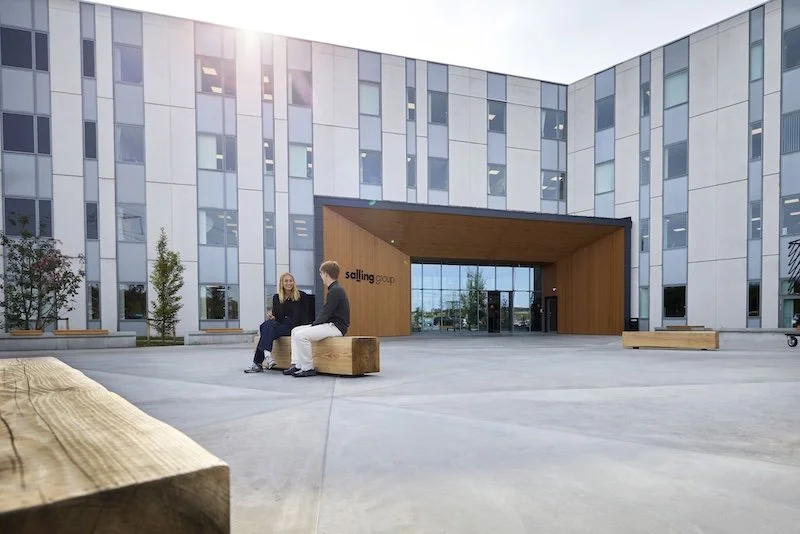


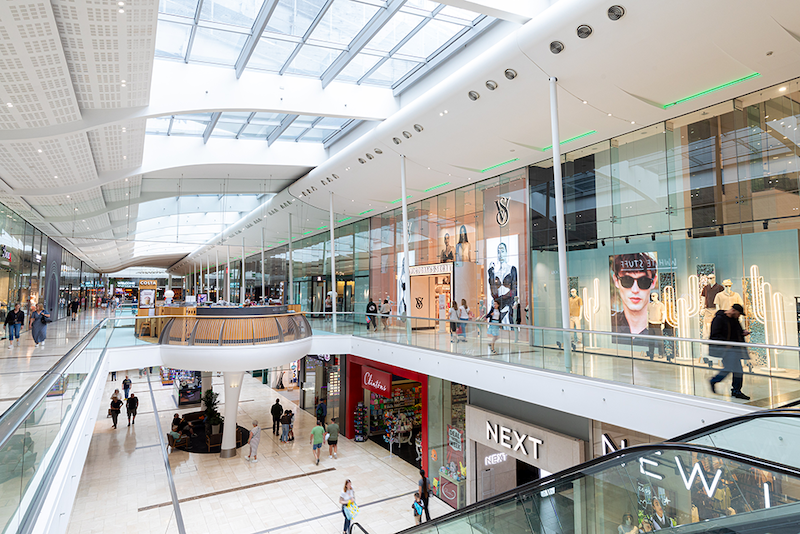

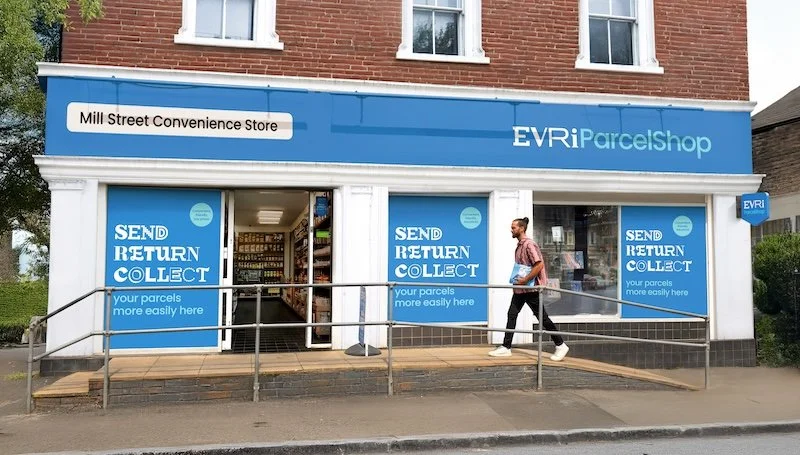
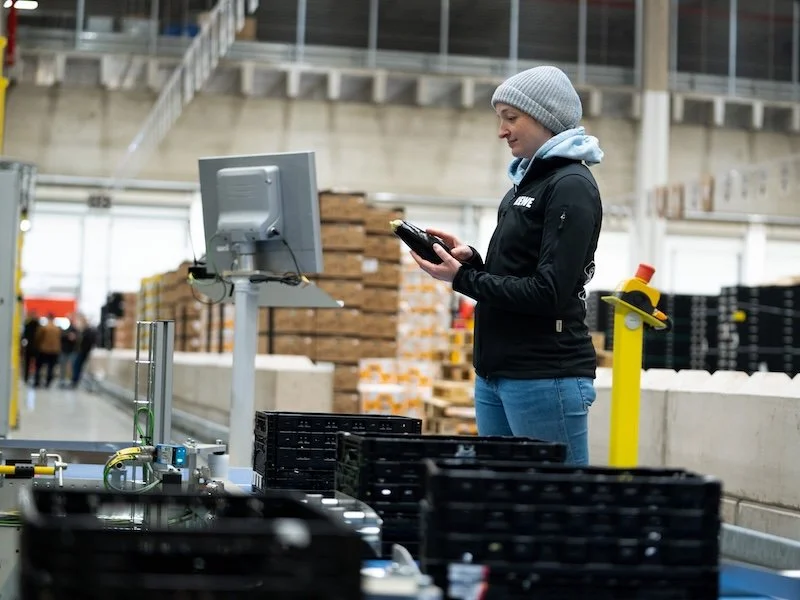



Continue reading…